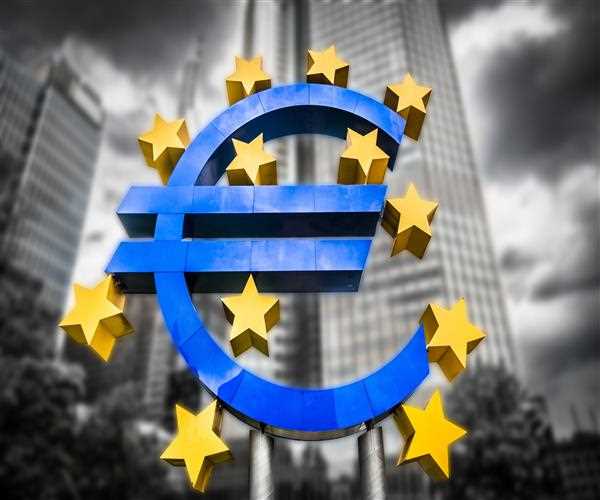The European Union (EU) is an economic and political partnership of 27 member states that are located in Europe. The EU was created in the aftermath of World War II to promote economic cooperation and to prevent future conflicts in Europe. The EU has since grown to become one of the world's largest economies and a leading political power.
The EU is based on the principles of democracy, the rule of law, and respect for human rights. These values are enshrined in the EU's founding treaties and are reflected in its policies and actions. The EU is committed to promoting peace, security, and stability in its neighborhood and beyond. The EU is also a major provider of development assistance and humanitarian aid.
The EU is a single market. This means that there is free movement of goods, services, people, and capital within the EU. The single market benefits businesses and consumers by increasing competition and choice, and by lowering prices.
The EU is a Customs Union. This means that there is a common set of rules on customs and tariffs for goods imported into the EU from outside. The Customs Union benefits businesses by making trade simpler and cheaper, and by making it easier to export to other countries in the EU.
The EU has a Common Agricultural Policy. This policy sets common rules on support for farmers, food safety, and environmental protection. The Common Agricultural Policy benefits farmers by ensuring a stable and predictable income, and by protecting the environment.
The EU has a Common Fisheries Policy. This policy sets common rules on fishing, aquaculture, and maritime conservation. The Common Fisheries Policy benefits fishermen by ensuring a sustainable and profitable fishing industry, and by protecting the marine environment.
The EU has a Common Foreign and Security Policy. This policy sets out the EU's approach to peace and security in the world. The Common Foreign and Security Policy benefits the EU by promoting peace and stability in its neighborhood and beyond, and by protecting the EU's citizens and interests.
The EU is a World Trade Organization member. In addition, the EU has signed a number of international treaties, including the European Convention on Human Rights. The EU is home to over 500 million people. The GDP of the EU's member states totals more than 16 trillion Euros. The European Union is the world's largest trading bloc.
The EU is a major economic power. The EU is the world's largest market for goods and services. The EU is also the largest provider of development assistance and humanitarian aid.
The EU is a major political power. The EU is one of the five permanent members of the United Nations Security Council. The EU is also a member of the G7, the G20, and the Organization for Economic Co-operation and Development.
The EU is a major player in the world economy. The EU is the world's largest trading bloc. The EU is also the largest provider of development assistance and humanitarian aid.
The EU is a major cultural power. The EU is home to a number of world-famous museums and galleries. The EU is also a major contributor to the arts and humanities.
The EU is a major scientific power. The EU funds a large number of research projects in a wide range of fields. The EU is also a major contributor to the world's scientific community.
The EU is a major political power. The EU is one of the five permanent members of the United Nations Security Council. The EU is also a member of the G7, the G20, and the Organization for Economic Co-operation and Development.

The benefits of the expansion of the European Union are numerous. The expansion of the EU has brought peace and stability to Europe, and has increased economic prosperity and opportunity. The expansion of the EU has also enhanced the EU's position in the world economy and has strengthened the EU's voice in international affairs.
The euro provides numerous advantages to individuals, businesses, and the economies of the countries that use it. These are some examples:
- the ease with which prices can be compared across countries, which increases business competition and benefits consumers
- price consistency
- The euro makes it easier, less expensive, and safer for businesses to buy and sell within the eurozone as well as trade with the rest of the world.
- economic stability and growth have improved
- financial markets that are more integrated and thus more efficient
- greater clout in the global economy
- a tangible symbol of European identity